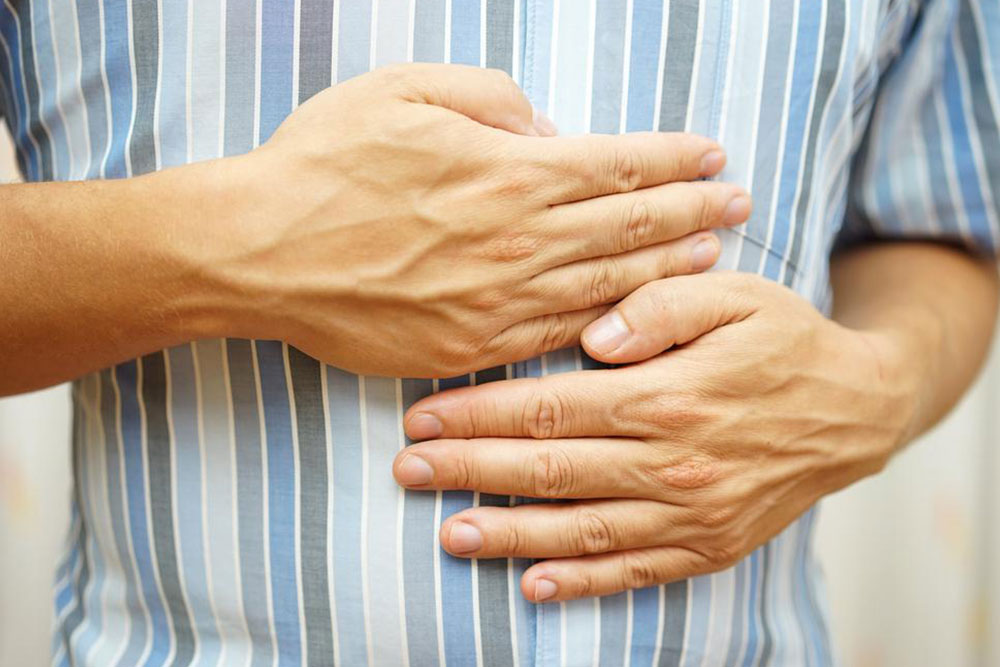The symptoms of Cushing’s disease
Cushing’s disease is a rare condition that is caused when the body is exposed to high hormone cortisol for a long period. Also known as hypercortisolism, this disease is usually caused when the body produces too much cortisol hormone. Cortisol is a hormone that is essential for the smooth functioning of the body and is made by the adrenal glands. It largely affects body tissues and controls the body’s use of nutrition such as proteins and fats.

Cushing’s disease can cause several complications such as an increase in blood pressure, loss of bone density and in some cases Type 2 diabetes. The Cushing’s disease symptoms depend on the levels of cortisol produced in the body. Here are few typical Cushing’s disease symptoms that may be experienced by an individual who suffers from the condition:
Gain in body weight – Increase in body weight is one of the most common Cushing’s disease symptoms. An individual begins to suddenly bloat, especially in the upper parts of the body. This includes the arms, chest, and abdomen.
Back-hump – A lump begins to form in the upper portion of the back, between the shoulders. This lump tends to increase in size with each passing day.
Acne – Acne may appear on the face and the back. It may also develop around the shoulders and the breast area. However, this symptom is not a major indicator, and acne develops in the later stages.
Stretch marks – The development of stretch marks on the skin of the body is one of the popularly reported Cushing’s disease symptoms. Unlike typical stretch marks, the pinkish purple stretch marks develop on the abdomen, thighs, breast, and arms.
Slow healing – There is a delay in the natural process of healing. Wounds that are caused by cuts, insect bites and infections take a long while to heal.
Irregular menstrual cycle – One of the most common Cushing’s disease symptoms in women includes an irregular or absent period cycle.
Fatigue and weakness – People who suffer from the condition are bound to experience fatigue. The muscles feel weak and there is lack of enthusiasm. Most importantly, one loses control over emotions and tends to slip into depression and anxiety.
Not all people will have the same symptoms and signs. While one individual may have mild symptoms, the other may suffer from more severe symptoms. In case one notices any of the symptoms, consulting a medical professional as soon as possible is essential.




